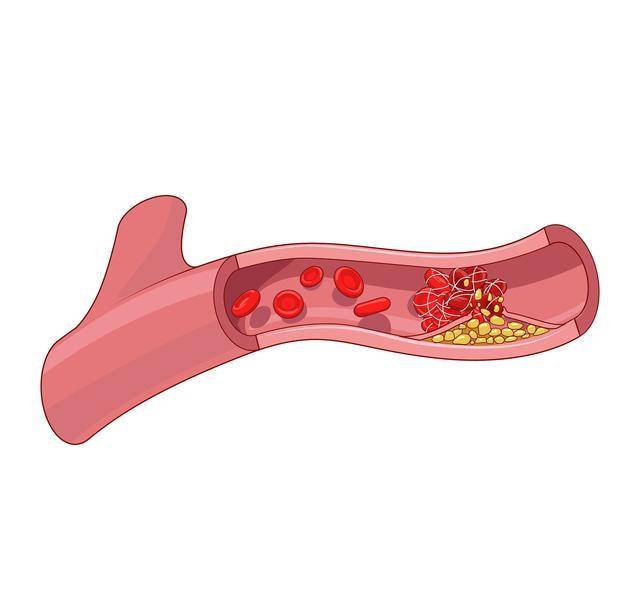Healthy individuals have stable levels of various bodily indicators, and blood can flow normally in the blood vessels. Adequate intake of nutrients needed by the organs will help maintain a healthy state.
However, for many people, an increase in serum cholesterol and triglyceride levels leads to slow blood flow due to increased blood viscosity, resulting in noticeable adverse symptoms in the body. Therefore, it is important to understand the reasons for elevated blood lipids and take preventive measures.
What causes frequent high blood lipids?
Frequently elevated blood lipids may be largely attributed to unhealthy eating habits that do not provide the body with suitable, health-promoting foods. Excessive energy intake can lead to weight gain or blood thickening, causing circulation disruptions in the body.
In addition, factors such as low water intake, lack of exercise, smoking, and alcohol consumption can also contribute to elevated blood lipids. Correcting these unhealthy behaviors is essential for maintaining the body and restoring normal blood circulation.
Which foods contribute to persistent high blood lipids?
1. Foods rich in cholesterol
Persistent high blood lipids are often associated with a high consumption of foods containing cholesterol. Many people fail to avoid animal viscera and egg yolk-based foods, which are high in cholesterol. Excessive intake of these foods can lead to elevated serum cholesterol and triglyceride levels, thickening the blood and disrupting normal blood circulation, potentially leading to various diseases. It is important to regulate diet by consuming less food rich in cholesterol.
2. Foods containing alcohol
Frequent consumption of foods containing alcohol carries the risk of inducing diseases. To maintain good health, it is important to avoid excessive alcohol consumption and reduce intake of alcoholic beverages and foods containing alcohol.
Excessive alcohol consumption not only affects liver function but also can increase blood pressure and blood viscosity. Techniques such as using less white wine, beer, and other alcoholic beverages during food preparation can reduce the stimulating effects of alcohol and one should generally stay away from alcoholic beverages.
3. High-sugar foods
A diet high in sugar makes it challenging to control blood lipids. Many individuals enjoy consuming sweet foods and mistakenly believe that these only affect blood sugar levels and not blood lipids. However, excessive intake of sugary substances can lead to weight gain and cause other indicators to change, potentially leading to diabetes and continuous development of hyperlipidemia. To maintain good health, it is important to consume fewer high-sugar foods and avoid the risk of severe diseases caused by viscous blood.
4. Fried foods
Elevated blood lipids are often related to the consumption of fried foods. Fried foods processed at high temperatures are high in calories, and excessive consumption can lead to weight gain. The fatty acids in fried foods can increase blood lipids and the risk of weight gain. Avoiding incorrect dietary behaviors by consuming less fried foods can help maintain health and ensure stable blood lipids and normal body weight.


